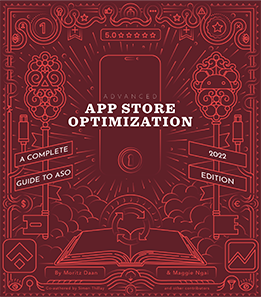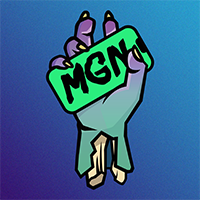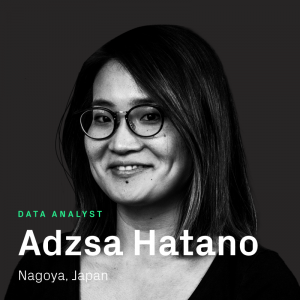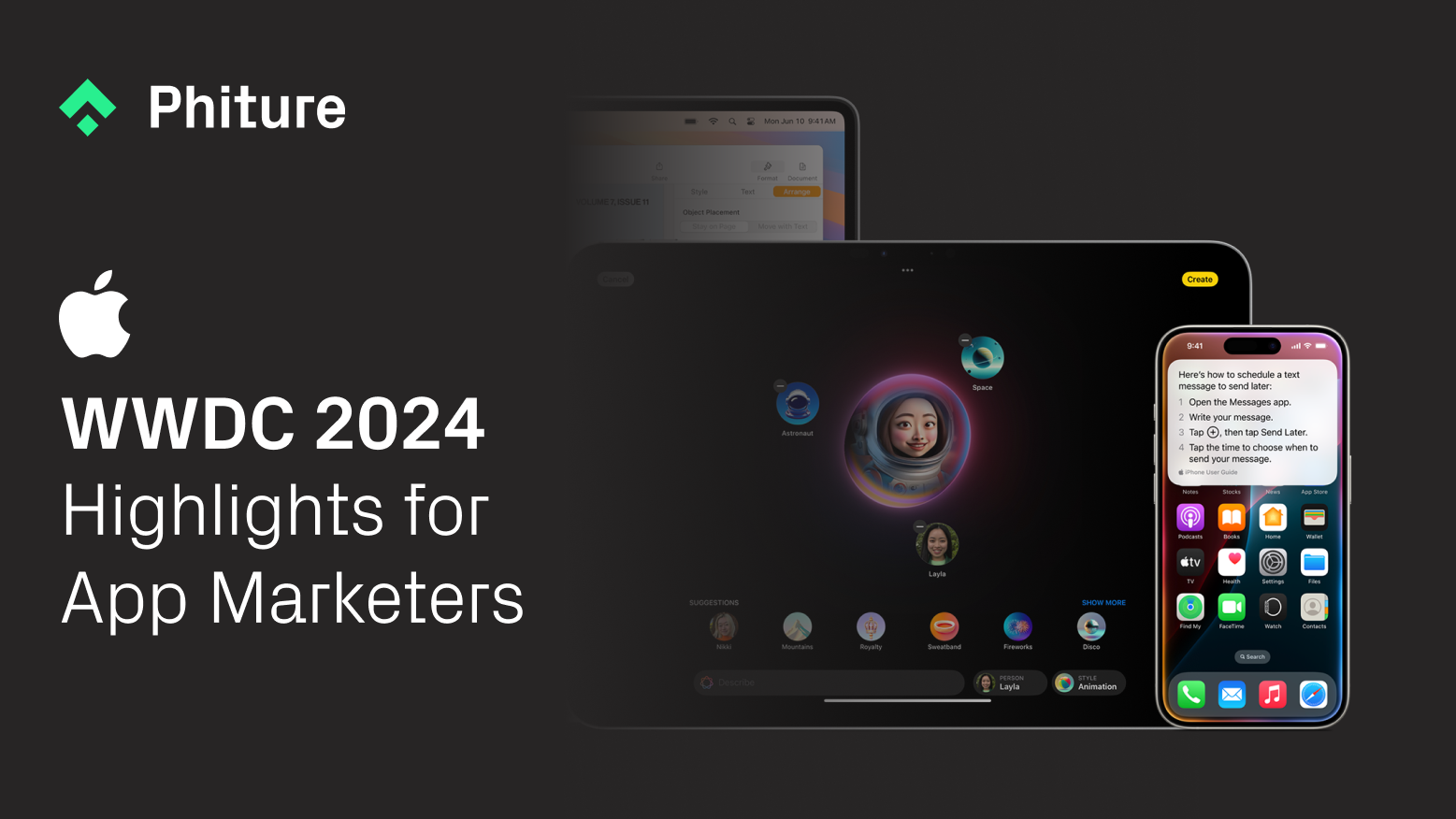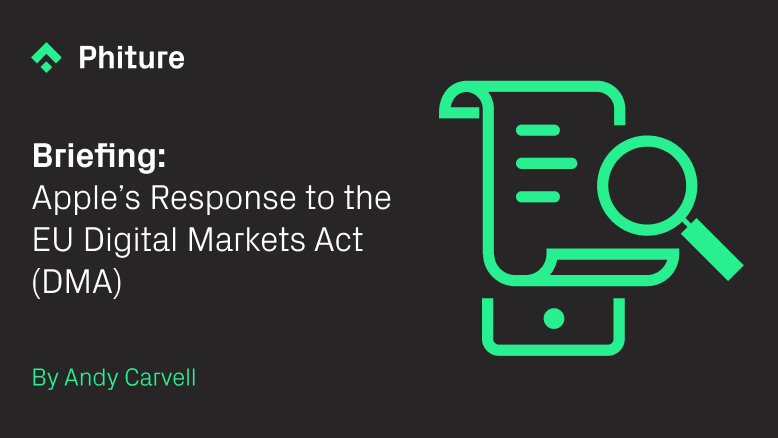
Continuing our multi-part series launched on International Women’s Day, four Phiturians tackle some of the complex societal issues that women currently face. For the series’ third installment, I spoke with Anna Frangogianni (Greece), Winda Adjani (Indonesia/Australia), Adzsa Hatano (Japan), and Bella Zulli (Australia). They offered their thoughts on a variety of topics, including what they love about their careers at Phiture and the benefits of working in an inclusive city like Berlin.
The conversation highlighted the diversity of women’s experiences due to nationality, culture, and circumstance, while also revealing some of the negative situations women can encounter anywhere. Among the talking points were underrepresentation in the tech industry, how gender-based stereotypes can affect workplace opportunities, parental leave, and the ability of women to feel physically safe while going about their daily lives.
What’s your favorite part about your work at Phiture?
Anna: My favorite part about working with Phiture would have to be our clients. Almost every day I get the opportunity to speak to wonderful people from different corners of the world and learn a lot about their respective businesses and motivations.
Winda: It has always been my dream to live and work in Berlin. I love working in such an international environment – meeting people from different backgrounds and walks of life encourages you to be open-minded and gives you an insight into what’s really out there!
Adzsa: I’d say that as an analyst, I always have many different projects to work on. Challenges and goals are different depending on the client and thus analysis topics are very diverse. With every project, I feel like I’m learning something new and that motivates me to work harder.
Bella: The opportunity to work for an exciting selection of clients, the independence and trust that’s given to me to be a creative lead on these projects, as well as being able to work with an incredibly friendly international team.
In what ways do you think Phiture supports the professional career development of women?
Anna: What I love about Phiture is that we are all treated simply as people and are equal without regard to gender. We’re all granted the same opportunities as our male counterparts and decisions are made based on merit and work ethic.
Winda: There’s a lot of emphasis on providing equal opportunities for everyone, whether in personal or professional development. I like that Phiture is very big on inclusivity, and I’m very happy to work closely with a lot of strong and inspiring women at Phiture.
Adzsa: My answer is not only relevant to women, but as a stepmother, I appreciate having flexible hours so I can take my stepson to school in the morning and pick him up in the middle of the afternoon. I can work whenever I am available during the daytime (and sometimes at night).
Bella: It’s really wonderful to see a company that’s nearly 60% women. Having been involved in recruitment and feedback processes for my team, gender has never been a factor in decision making. Everyone at Phiture is given the same opportunities to grow and develop in their role, and they are also given the opportunity to decide for themselves the direction of their career path.
Have you faced any obstacles in your career or home country due to being a woman in your industry?
Anna: I have been very fortunate and have never had my opportunities limited because of being a woman. That said, in our industry, the ratio of women to men is significantly skewed. This becomes glaringly obvious at industry events, particularly when the tables turn and it’s the men who end up waiting in long lines to use the restrooms.
Winda: No, I have not faced any obstacles due to being a woman in any of the companies where I’ve worked. However, I would like to acknowledge that not every woman can say that, so I’m very grateful for my experiences.
Adzsa: I only worked as a working student in Japan, but there were many instances where I felt unfairly treated as a woman. For example, I had to make tea and serve it to clients visiting the office because I’m a woman – and yes, that was the reason my boss gave me! My sister is a system engineer and experienced many obstacles as well. This is why I decided not to work in Japan.
Bella: I have been quite lucky to not face any issues. Having studied and worked in design, it’s actually quite a unique industry in that it’s hugely powered by women. From memory, in my university cohort, there were only a handful of men in a group of probably 100 women. I do believe, though, that moving to a city like Berlin has opened up more equal opportunities, as Berlin is so open-minded and free of judgment in many areas.
Why do you think women are often inadequately represented in tech, particularly in upper management?
Anna: I think that’s a byproduct of considering higher education in computer science, data science, and anything coding-related, as a “man’s world”. Additionally, I believe that the already few women who do make it into the field can miss out on strategic management opportunities, especially in fast-growing companies, because of a fear of “losing them” for three months or more to maternity leave.
Winda: I think the lack of representation of women in tech – as well as the gender stereotype of “men are better at computers” – can discourage women from a young age to pursue a career in this field. This results in employers hiring from a male-dominated talent pool, which leads to tech being a male-dominated industry.
Bella: I suppose traditionally it has been a very male-dominated industry, and for some companies, this unfortunately is still the case. The lack of female representation is perhaps discouraging for some women who might decide against working in the industry because of the uphill battle they face. This can lead women to feel they have fewer opportunities to make a real impact. It’s great to see younger startups like Phiture paving the way for a more equal workplace.
What’s the biggest challenge today that women face in your home country or the workplace in general?
Winda: In the workplace, some women are afraid to be assertive and take charge as their male counterparts do for fear of being perceived as “bossy” or worse. When a woman is assertive, direct, or shows any traits that are viewed as more “masculine”, she can suffer the consequences of being less well-liked than a man who exhibits the same traits, who is often seen in a more positive light.
Adzsa: Parental leave is still mostly taken by women in Japan. Though this is very slowly improving, it’s still extremely common for people to think that the mother is always the primary child-carer, which really prevents women from joining the job market. However, there are also a large number of women who are educated and have graduated from university who prefer to be housewives.
What’s an issue affecting women (anywhere in the world) that you would like to see resolved?
Anna: Gender inequality is a very persistent issue in all industries across the world. This is something I would love to see resolved.
Winda: I believe that all girls and women around the world should have the right to free and quality education from a young age. This is an issue that affects a lot of people, not just women. But for women in particular, the harmful gender stereotype of women being more domestic and homebound prevents many young girls around the world from accessing educational opportunities.
Bella: I’d love to get to a point in this life where I don’t have to look over my shoulder at night or feel the need to leave an event early to reduce the risk of something bad happening on my way home. I’d love to not have to carry pepper spray or question if what I am wearing will draw unwanted attention. I have faced harassment countless times in public spaces and in work environments, including being followed home when getting off public transport. There is no worse feeling than trembling with fear while trying to call a friend who you know lives close by so you can get to safety.
Why is International Women’s Day important to you?
Anna: International Women’s Day is important primarily because it highlights the gender inequality that we face in our society while providing access to education and bringing awareness to these issues.
Winda: It’s important that we honor the actions and the courage of the women who came before us, as without them we would not live the lives we’re living today. Having a day to celebrate increases our collective awareness of the significance of women throughout history and all of the contributions they’ve made. Although everything isn’t perfectly equal now, celebrating the day also means that we’re one step closer to equality for future generations.
Bella: It’s a great initiative and a reminder of the call to action for accelerating the rights of women. It’s quite special that here in Berlin, so much importance is placed on the day by it being recognized as a public holiday so that both men and women can celebrate the greatness of women. However, it’s also important to remember that women should be recognized every day of the year.
Table of Contents



